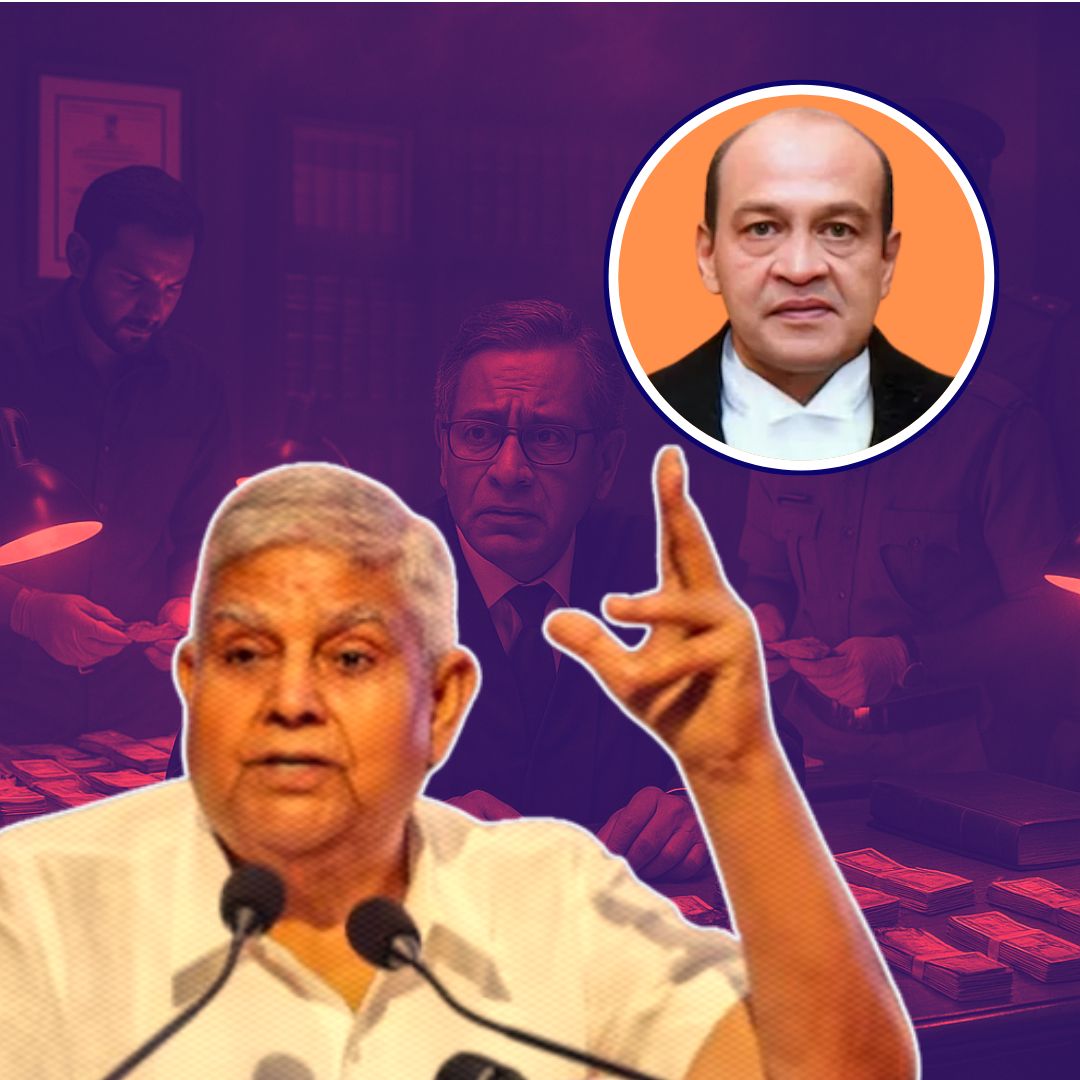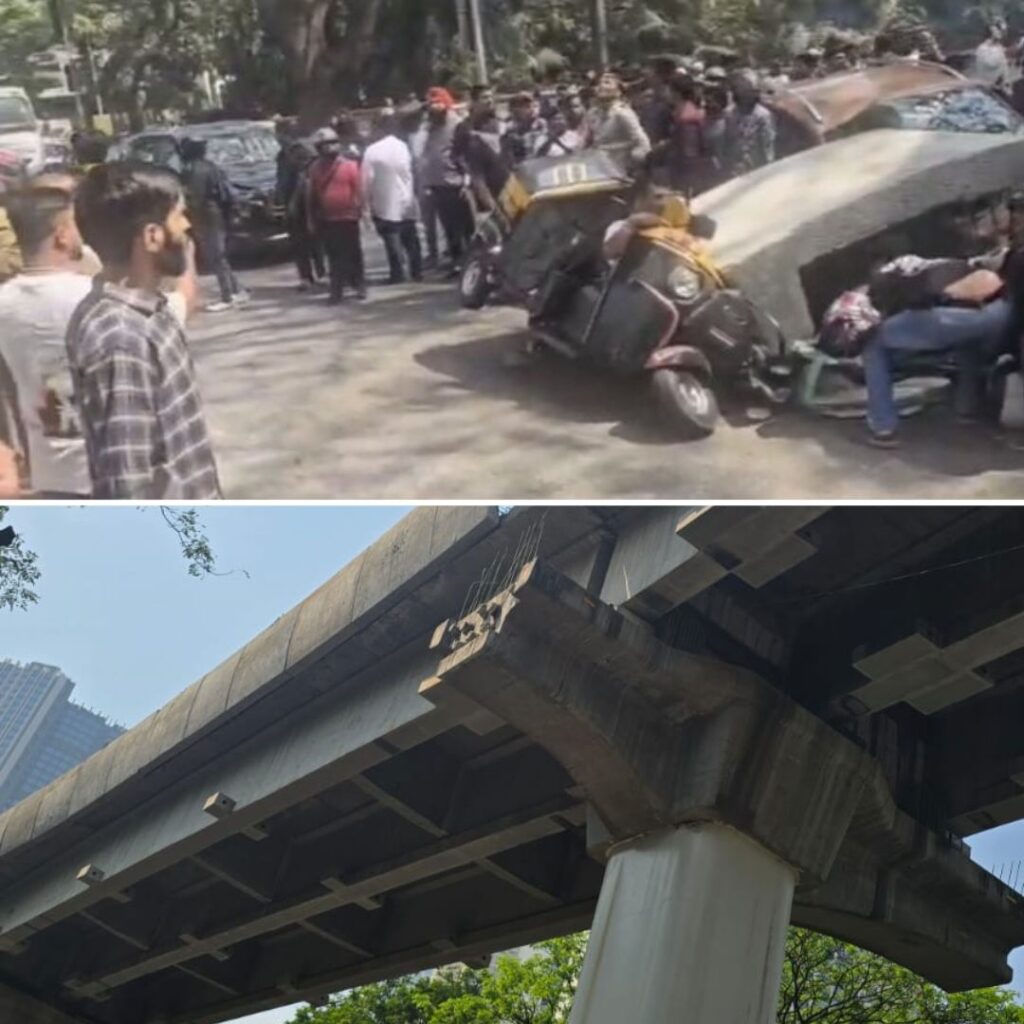Vice President Jagdeep Dhankhar has intensified demands for a criminal investigation into the cash recovery at former Delhi High Court judge Justice Yashwant Varma’s residence, criticising the ongoing in-house judicial inquiry as inadequate and a waste of time.
The Supreme Court’s internal panel confirmed the presence of burnt and unburnt cash following a fire incident in March 2025 and recommended Justice Varma’s removal. Despite this, no FIR has been registered, prompting fresh petitions urging the court to order a formal police probe.
The Supreme Court has agreed to hear these petitions, signalling a critical juncture in the pursuit of judicial accountability. Dhankhar also called for a review of the 1991 Veeraswami judgment, which currently protects sitting judges from criminal prosecution without prior sanction.
Calls for Transparency and Justice Grow Louder
Vice President Dhankhar’s public statements have brought renewed attention to the controversy, highlighting concerns over judicial transparency and accountability. Speaking at a recent event, he stated, “The in-house inquiry mechanism, as it stands, is a waste of judicial time and does not inspire public confidence.”
He emphasised the need for an FIR and a scientific, impartial investigation to uncover the full extent of the cash’s origin and purpose. The Supreme Court’s three-judge panel, formed to probe the matter, found Justice Varma’s explanations unsatisfactory and recommended his removal from office.
However, Justice Varma has denied wrongdoing, alleging a conspiracy and claiming that the cash was accessible to many people in his residence. The Chief Justice of India has since forwarded the panel’s report to the President and Prime Minister and suspended Justice Varma from judicial duties pending further action.
Background: The Incident and Judicial Response
The controversy began on the night of March 14, 2025, when firefighters responding to a blaze at Justice Varma’s Delhi home discovered bundles of burnt and unburnt cash. The discovery was kept under wraps for several days, raising suspicions of a cover-up.
The Supreme Court then appointed a three-member committee of senior judges to investigate. Their inquiry confirmed the presence of cash and found discrepancies in Justice Varma’s account. The panel recommended his removal, but the process has faced delays and resistance.
Meanwhile, the 1991 Supreme Court judgment in the Justice Veeraswami case, which established the in-house inquiry mechanism and protections for sitting judges, has come under scrutiny. Critics, including Dhankhar, argue that this system shields judges from criminal accountability and calls for its urgent review to ensure justice is not compromised.
The Logical Indian’s Perspective
At The Logical Indian, we believe that no individual or institution should be above the law, especially those entrusted with upholding it. Judicial integrity is the cornerstone of democracy, and any erosion of public trust in the judiciary threatens the very fabric of justice.
The current situation underscores the urgent need for transparent, impartial investigations that go beyond internal inquiries. We support Vice President Dhankhar’s call for a thorough criminal probe and a re-examination of legal safeguards that may impede accountability.
As India grapples with this challenge, we invite our readers to reflect: How can the nation strengthen judicial oversight while preserving the independence and dignity of the judiciary? What reforms are necessary to balance accountability with judicial autonomy?
We’re confronted with a jarring reality. A Judge’s residence in Lutyen's Delhi had burnt notes and cash. There is no FIR till date.
— Vice-President of India (@VPIndia) May 19, 2025
We have in the country rule of law, criminal justice system. There can be no occasion whatsoever to delay even for a moment because that is… pic.twitter.com/jqrWFADrXr













